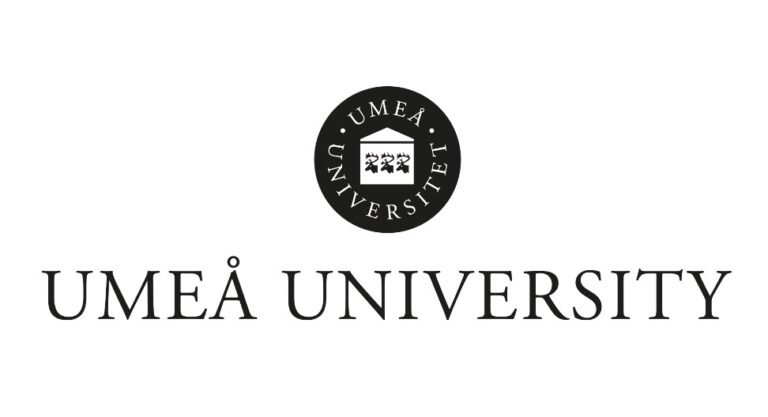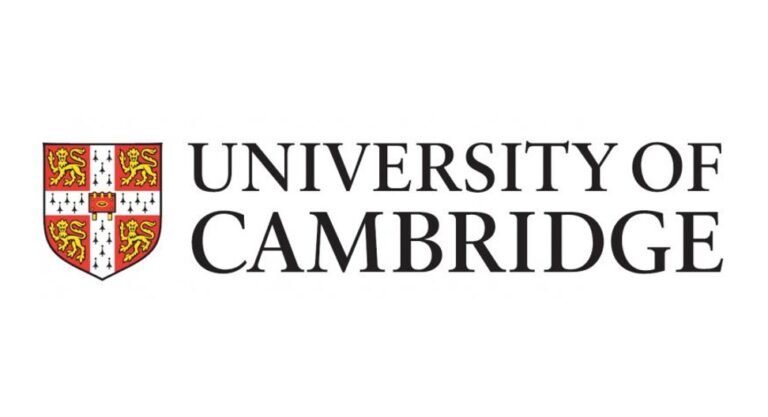Umeå University is one of Sweden’s largest higher education institutions with over 37,000 students and about 4,700 employees. The University offers a diversity of high-quality education and world-leading research in several fields. Notably, the groundbreaking discovery of the CRISPR-Cas9 gene-editing tool, which was awarded the Nobel Prize in Chemistry, was made here. At Umeå University, everything is close. Our cohesive campuses make it easy to meet, work together and exchange knowledge, which promotes a dynamic and open culture.
The ongoing societal transformation and large green investments in northern Sweden create enormous opportunities and complex challenges. For Umeå University, conducting research about – and in the middle of – a society in transition is key. We also take pride in delivering education to enable regions to expand quickly and sustainably. In fact, the future is made here.
Are you interested in learning more? Read about Umeå university as a workplace
The Department of Informatics is recruiting a PhD student for a fixed-term employment of four years starting early 2025.
Project description
The PhD position has a particular focus on AI-based automation (e.g. autonomous forest machines, drones, and robots) and its organizational implications. It is situated in a research group at the department conducting research within the field of Information Systems (IS) focusing on the digitalization of human-natural systems and specifically forestry as an empirical industry context. The position is part of an externally funded research project which investigates the role of AI-based automation in forestry (more information about the project here) The project includes faculty members from multiple universities as well as international collaborations and involves industry collaboration within the field of forestry digitalization. Empirical studies of AI-based automation in forestry, will be the focus of the PhD project. Against this background, the applicant is not expected to have in-depth knowledge about forestry or the forest industry. It is however key that the candidate is curious to conduct empirical studies in order to generate an understanding of the impact of digital technologies on the forest industry through an Information Systems perspective.
The person employed for this PhD position shall primarily devote himself/herself to his/her own research training which is intended to result in a doctoral degree. As a doctoral student, you are trained in scientific work in the form of publishing scientific articles in journals and at national and international conferences. As a doctoral student, you will take both compulsory and elective courses, plan and execute your research projects independently. The department of Informatics at Umeå University has over 10 doctoral students, which contributes to a stimulating working environment beyond the particular research project and group.
The PhD position is linked to the MIT Graduate School (www.uu.se/en/research/swedish-research-school-of-management-and-it) where the PhD student takes part of courses and participates in PhD conferences at other universities. The position is also linked to the research environment Swedish Center for Digital Innovation (www.scdi.se) located at the department of Informatics. The research at the center is largely conducted in collaboration with partners from industry, research institutes and other universities and colleges.
To a certain extent, the position may include teaching or other department duties (maximum 20%), in which case the period of employment is extended accordingly.
Do you want to know more about what it means to be a doctoral student at our doctoral program? Doctoral studies in Informatics
About the employment
You will be employed by and accepted as a PhD student at the department of Informatics, Umeå University. The appointment runs for four years full-time. Salary is paid according to the established contract for doctoral positions, and is increased by study progress. Starting date is spring 2025 or as agreed. Placement is at Umeå University, the department of Informatics and we are looking for a PhD student who will be part of our daily work.
The position is filled subject to the necessary decisions being made.
Eligability
For employment as a doctoral student, admission to doctoral education is required. The basic eligibility to be admitted to postgraduate education is for those who have completed an advanced level degree in informatics or equivalent. In order to fulfill the requirement for special eligibility, it is required that the applicant has basic university education in informatics of at least 90 higher education credits, as well as 60 higher education credits at advanced level in informatics (master’s level) or other education of equivalent scope and depth. The department’s complete eligibility for admission to postgraduate education: Syllabus for the PhD program in Informatics.
Other qualifications
Since the doctoral student will be part of a multicultural department, the ability to communicate well in English is required. It’s preferable if the doctoral student also speaks Swedish. When selecting eligible applicants, great importance is placed on the thesis plan and ability to assimilate the education as well as previous study results. Otherwise, reference is made to regulations for employment as a doctoral student found in Regulation SFS 1993:100 (Higher Education Regulation Chapter 5).
Application
Your application must include:
• A letter of introduction/personal letter (1 page)
• A draft thesis plan and description of research interest (2 pages)
• Curriculum Vitae (CV)
• Copies of previous thesis/work (MSc/MA and/or BSc/BA)
• Copies of academic transcripts including documentation of completed academic courses and grades
• Copies of published own research (if any)
The application must be complete in order for it to be considered in the recruitment process. The application must be made via the e-recruitment system Varbi.
The department of Informatics
At the Department of Informatics, research and education is conducted with a focus on digitization of society, organizations and interaction. Digital technology has become an enabler for changed ways of living and doing business. In our research, we study these changes and change processes and we study the interaction between humans and technology to understand technology’s possibilities and its limitations. In our studies of digitization, we move in many contexts such as the public sector, media, games, entertainment, financial companies, entrepreneurship, IT companies and the manufacturing industry.




